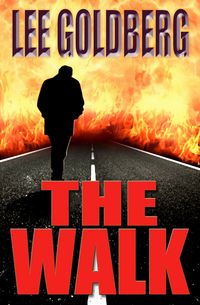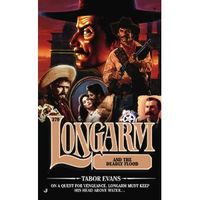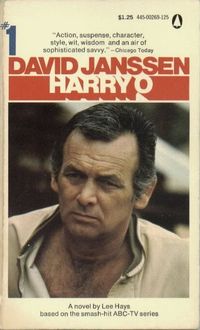Over on Joe Konrath's blog, he's talking once again about how traditional publishing is on its death bed and how the ebook is the future. I agree with much of what he says, even if my friend's observations are beginning to feel stale and repetitive (much like my own observations on this topic and so many others). But I thought that this comment on Joe's post from reader Thomas Brookside offered a fresh insight…at least to me. Brookside wrote:
…if the question out there is why authors without any great financial interest in the present publishing system are defending it so fervently, I think the answer lies in a statement made by Anne Rice a number of years ago to the effect that when anyone can publish literature becomes a folk art.
The current system hands out very few financial rewards to authors but provides them with a lot of prestige.
I think even if they can make more money in the new paradigm and even if they can still find good books they want to read without much effort, these authors will feel highly aggrieved if the current system continues to disintegrate. If the statement "I've got a novel out right now," becomes the equivalent of "I sell handmade jewelry at flea markets on the weekend," these guys will be quite pissed off, even if they make more money and even if the slush apocalypse does not actually come about.
I think he makes a very good, and painfully accurate, point. I believe this is a genuine fear among published authors, whether they are making big money under the current model or not, and has gone unsaid. But I don't think it's the only thing that motivates their concerns, and their fears, about the e-biz.
Certainly they have financial concerns, too. Can they still make a living as writers if the publishing business shifts to the ebook? Will their incomes increase or plummet?
And then there's concerns about the tsunami of self-published swill that's swamping the e-marketplace, and what the blowback from that might be on the e-book market, and books in general, which gets me back to my friend Joe.
No, I'm not saying his work is swill. He's a clever writer, a savvy marketer, and is very helpful and generous with his knowledge. (I certainly owe my modest Kindle success to him). But it is his tremendous, and well-earned, success publishing his books on Amazon, and how impressively he has gotten the word out about it, which is making dollar signs dance in the eyes of newbies.
Hordes of newbies are rushing to get their work on the Kindle… even if it's horrendous in every way…and with no regard whatsoever to the impact that publishing crap will have on their careers. Because they aren't thinking about careers. They are thinking about money. Joe's money.
Even Joe, perhaps the biggest cheerleader there is for the Kindle format and the possibilities it offers writers, urges caution:
New writers tend not to know how crummy their writing is. No one learns to play piano overnight. Same thing with crafting a narrative. I've personally met thousands of newbie writers. I've only known two of these newbies that I knew were good enough to succeed–and both did. I've met maybe a dozen others that have potential. But that's it. The rest just aren't good enough. Maybe they'll become good enough, with practice. But putting starter novels on Kindle isn't good for anyone.
But I suspect that few, if any, aspiring authors have or will heed his wise advice in this regard. They are too eager to get their work out there.
It's not just those who have been published in print who have to adjust their thinking to embrace a changing publishing business…but also aspiring writers as well. As I have say many times, just because you can publish with a click of the mouse, that doesn't mean that you should.
On the other hand, for published authors, particularly those on the mid-list, times are changing. Accepting a publishing contract is no longer the no-brainer decision that it used to be, even if the offer is from a major house. Yes, it comes with an advance, editing, marketing, distribution, and prestige… but does it still make financial sense when you can publish the book in ef0rmat yourself, keep that agent commission in your pocket, and get a 70% royalty?
I don't have the answers. I don't think anybody does. But a lot of long-held beliefs about the business, certainly my own beliefs, aren't going to hold anymore.
 James Reasoner had some very nice things to say today about the paperback edition of THE WALK. He said, in part:
James Reasoner had some very nice things to say today about the paperback edition of THE WALK. He said, in part:



